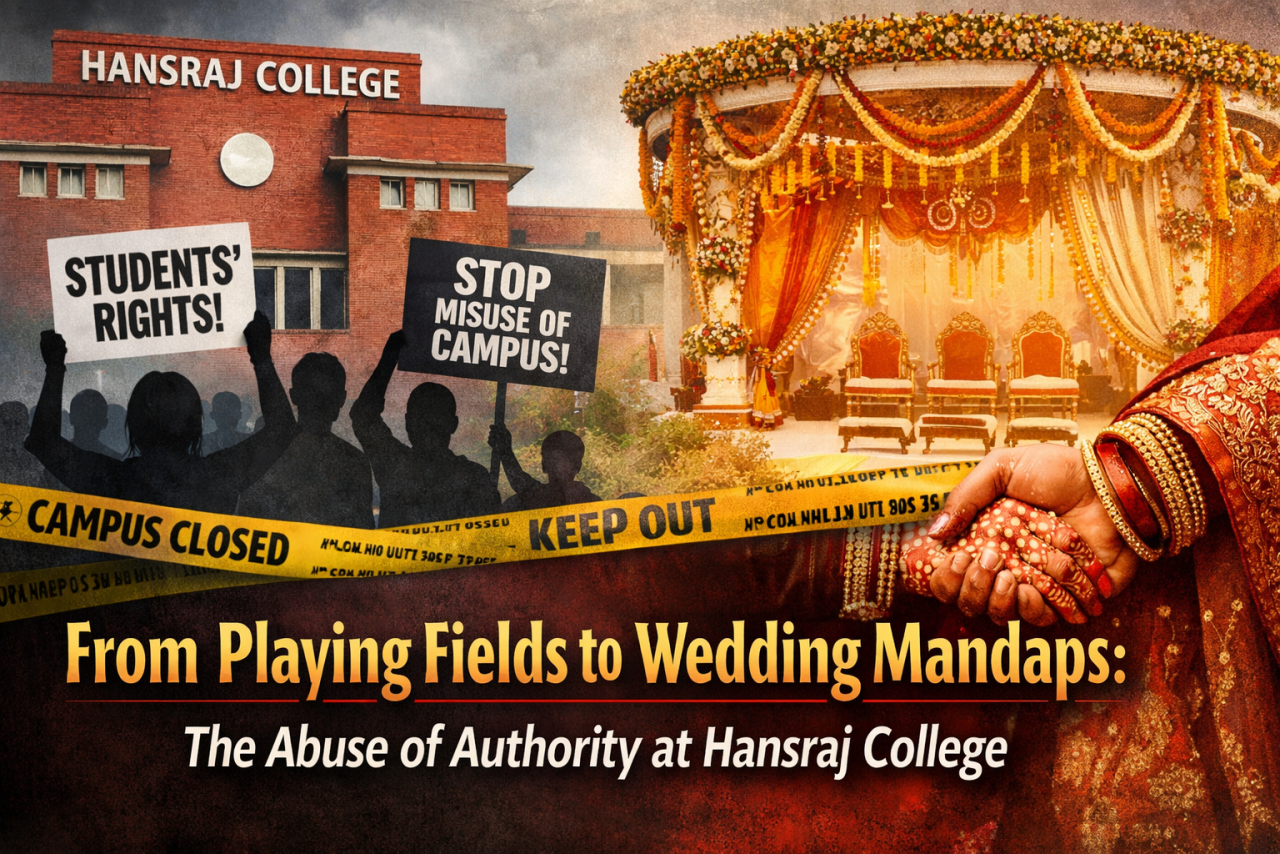.jpeg)
India’s cultural canvas is marked by rituals that blend faith, memory, and continuity. Among these, Pitru Paksha stands apart. It is a fortnight dedicated to remembering one’s ancestors, offering them food, and seeking blessings for future generations. What makes Pitru Paksha remarkable is not its scientific logic—because in truth, very little of it is rational in a modern sense—but its profound emotional and cultural value.
The Rituals and Their Origins
Pitru Paksha falls during the dark fortnight (Krishna Paksha) of the Hindu lunar month of Bhadrapada, usually in September–October. Ancient scriptures such as the Garuda Purana and Mahabharata mention that during these days, the souls of ancestors are believed to descend to Earth. Families, in response, perform shraddha rituals, preparing symbolic meals of rice, lentils, and sweets, and offering them along with prayers.
The belief is that ancestors, or pitrus, sustain a subtle connection with their descendants. By honoring them, one ensures not only their peace in the afterlife but also prosperity for the living. Whether or not one believes this literally, it undeniably establishes a cycle of remembrance that binds generations.
Faith Beyond Science
From a scientific perspective, the practice of offering food to departed souls has no measurable outcome. No physicist can confirm that souls return during these days, nor can biologists prove that rice balls offered on banana leaves reach the afterworld. Yet to dismiss Pitru Paksha entirely on these grounds is to miss its essence.
Human life is not lived only through evidence and experiments; it is also built upon memory, gratitude, and emotional continuity. Pitru Paksha functions as a collective reminder that we exist because of those who came before us. It anchors people in humility: the realization that today’s achievements stand on the shoulders of countless unremembered struggles.
An Emotional Thread Across Generations
The emotional weight of Pitru Paksha is extraordinary. Families gather, sometimes after years apart, to sit together and perform the rituals. Even those who may not practice religion rigorously find themselves compelled to participate, often because of a grandmother’s insistence or a parent’s wish.
The meals offered are not just about the departed. They also feed living relatives, neighbors, and even birds and stray animals. This act, consciously or not, transforms remembrance into charity and kindness. In many towns, community kitchens are set up, distributing food to the poor in the name of ancestors. Thus, what begins as homage to the dead ends up nourishing the living.
Continuity in Modern Times
In a rapidly modernizing India, one might expect Pitru Paksha to fade into irrelevance. After all, digital lives leave little room for rituals that demand time, patience, and symbolic faith. Yet, Pitru Paksha continues to endure. Its survival suggests that societies need spaces where rationality gives way to sentiment. For many, it is less about ghosts and more about gratitude.
Urban families often simplify rituals—perhaps by offering prayers at home instead of elaborate feasts by the river—but the emotional anchor remains. Even in diaspora communities across the world, Hindus set aside time for Pitru Paksha, often adapting rituals to local conditions.
Why It Matters Today
The unique importance of Pitru Paksha lies in its ability to create a pause in life’s restless speed. In a society obsessed with moving forward, it forces one to look backward, if only briefly. In remembering ancestors, one also remembers old houses, lost villages, family struggles, and forgotten stories. These fragments of memory are vital for identity.
At a time when science dominates policy, medicine, and education, rituals like Pitru Paksha remind us of the human need for meaning beyond facts. They provide continuity where science provides discovery, and together they create balance. Science tells us how we live; culture tells us why we remember.
Final Take
Pitru Paksha, then, is not a test of logic but an exercise in memory. Its importance cannot be measured in laboratories but can be felt in households where candles are lit, food is prepared, and names of long-gone ancestors are whispered with reverence. Whether one believes in souls returning or not, the ritual fulfills a deeper truth: that remembering the past is as important as preparing for the future.
In this way, Pitru Paksha remains one of India’s most poignant cultural observances—unique not because it is scientifically valid, but because it is emotionally irreplaceable.





















